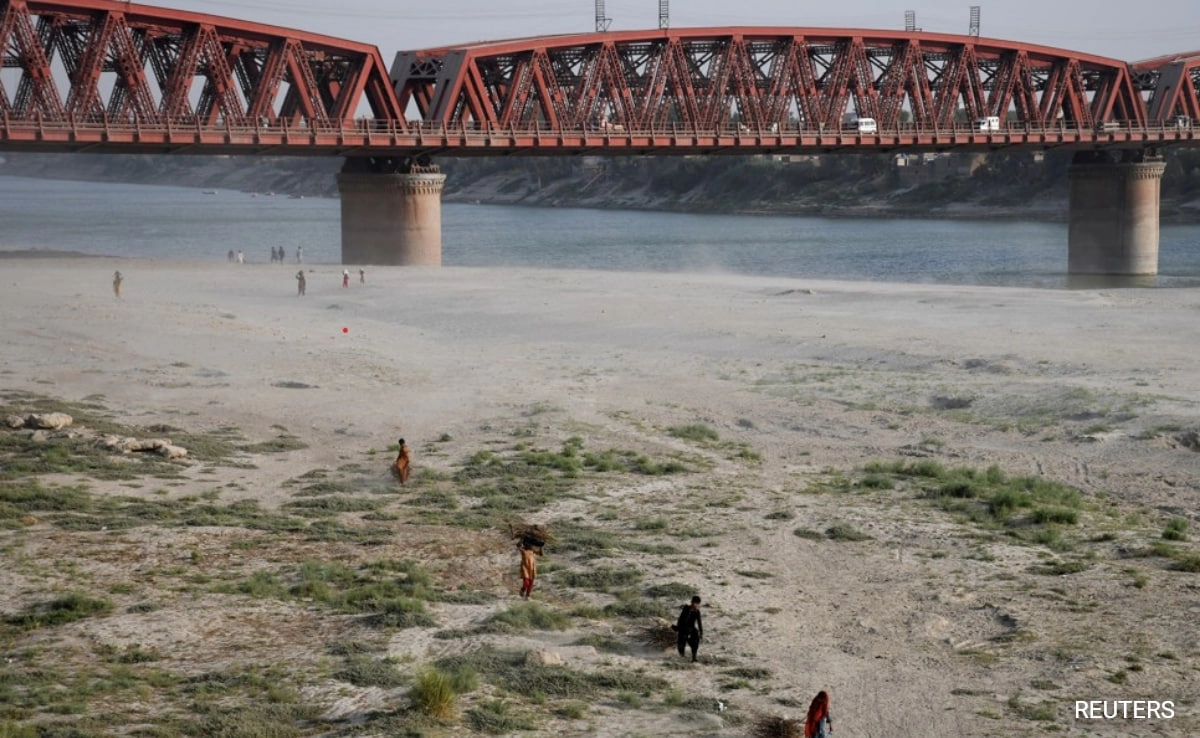As Europe experiences an unprecedented heatwave, France has taken significant measures to protect its citizens from the sweltering temperatures. In response to the soaring heat, authorities have decided to close schools across the country. This decision reflects a growing concern for the health and well-being of students, especially young children who can be particularly vulnerable to extreme weather conditions. With temperatures reaching alarming highs, the closure aims to ensure that children are kept safe and comfortable during this challenging period.
In addition to the school closures, another iconic landmark, the top floor of the Eiffel Tower, has also been shut down to the public. The extreme heat poses not only discomfort but also safety risks for visitors ascending the tower. With the temperatures climbing, the decision to restrict access to the upper levels of this beloved monument underscores the importance of prioritizing safety in light of the ongoing heatwave. The Eiffel Tower, a symbol of Paris and a major tourist attraction, is now a poignant reminder of how climate change is impacting daily life and tourism in France.
Local authorities are urging citizens to remain vigilant and take precautions against the heat. Public health officials recommend staying hydrated, avoiding direct sunlight during peak hours, and checking in on vulnerable individuals such as the elderly or those with pre-existing health conditions. Additionally, many local communities are opening air-conditioned public spaces to provide relief for those who may not have access to adequate cooling at home. This collective effort highlights the resilience of communities in the face of climate challenges and the importance of solidarity during extreme weather events.
As the heatwave continues to grip not only France but much of Europe, it serves as a stark reminder of the pressing issues surrounding climate change. Governments and individuals alike are being called to reflect on their roles in addressing this global crisis. The actions taken now, from school closures to public safety measures, may be indicative of a larger shift towards more proactive strategies in mitigating the impacts of extreme weather in the future. The current situation emphasizes the need for long-term solutions to adapt to the changing climate and safeguard the well-being of future generations.




